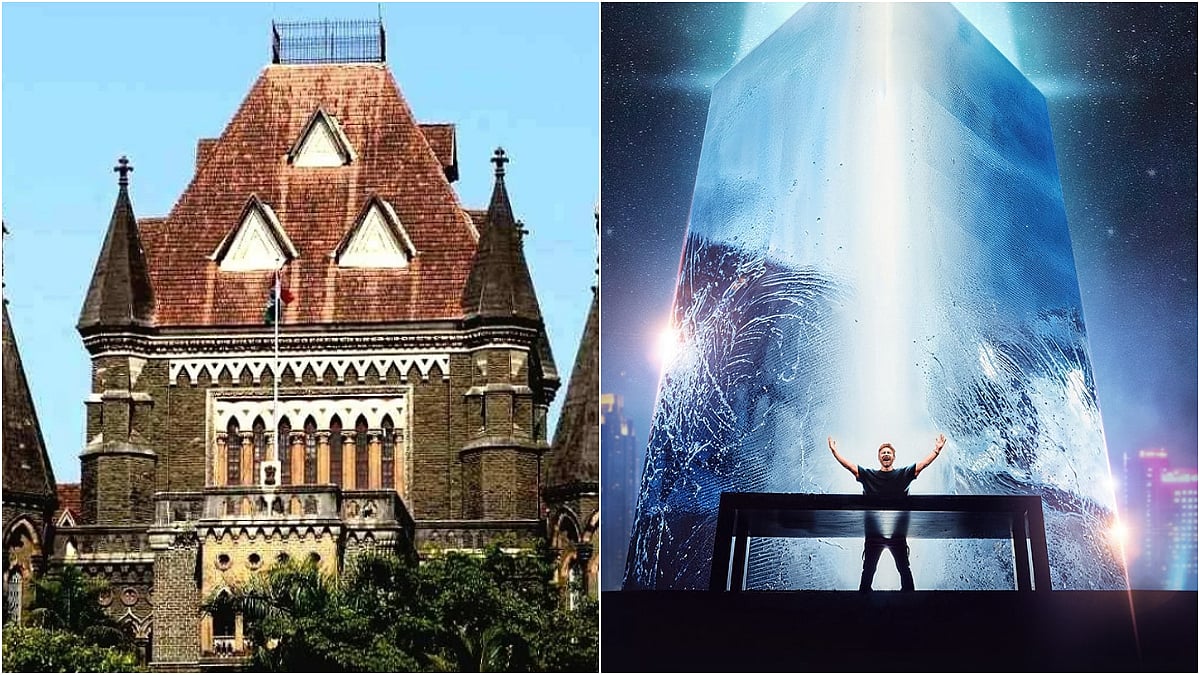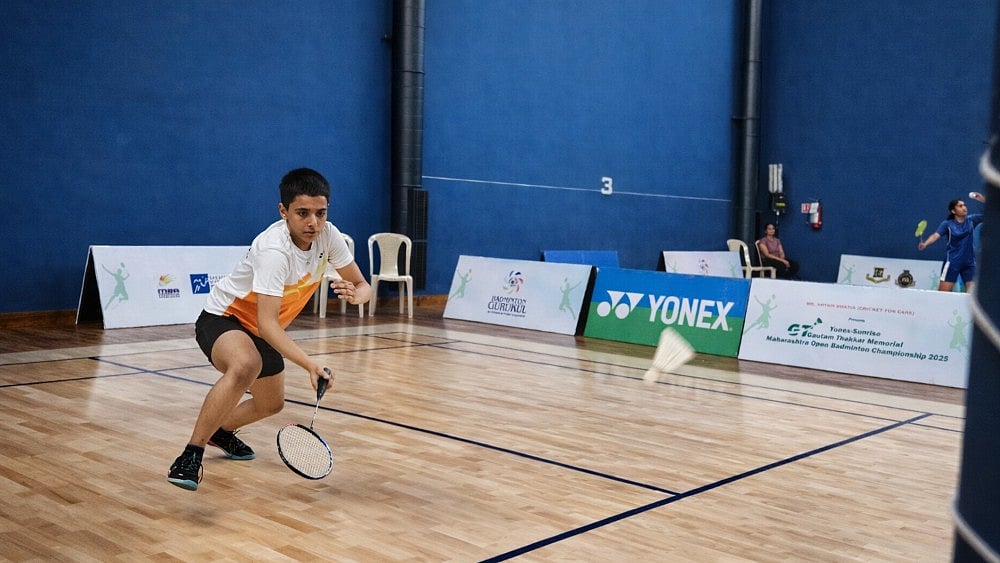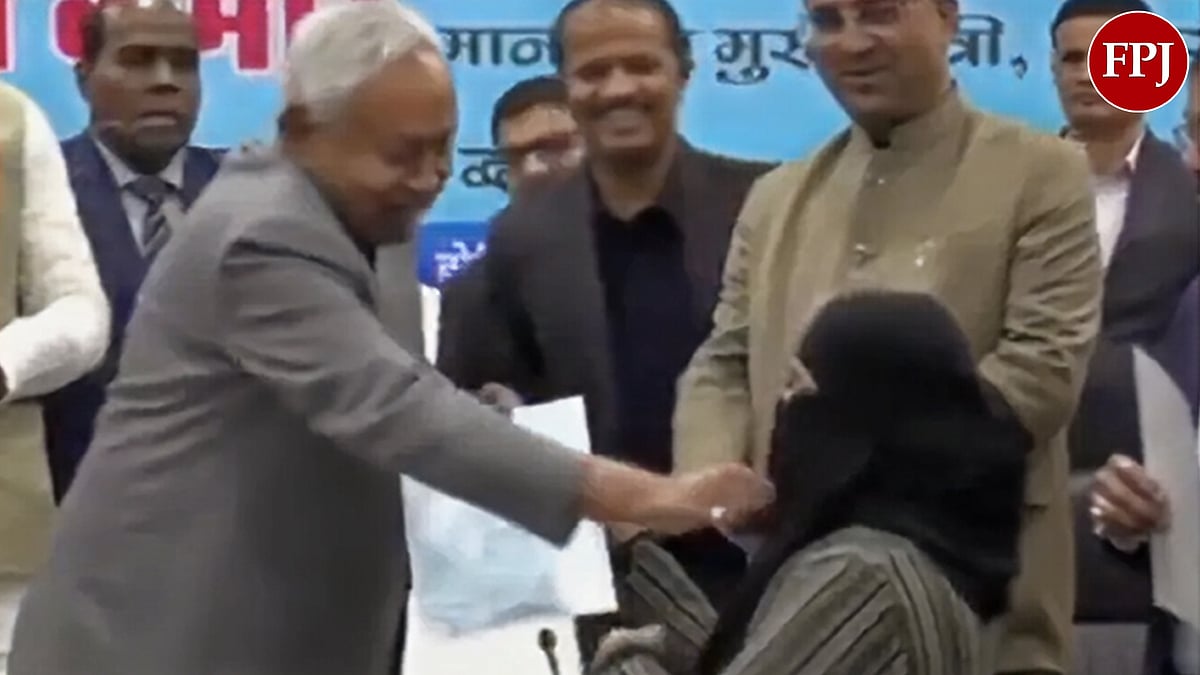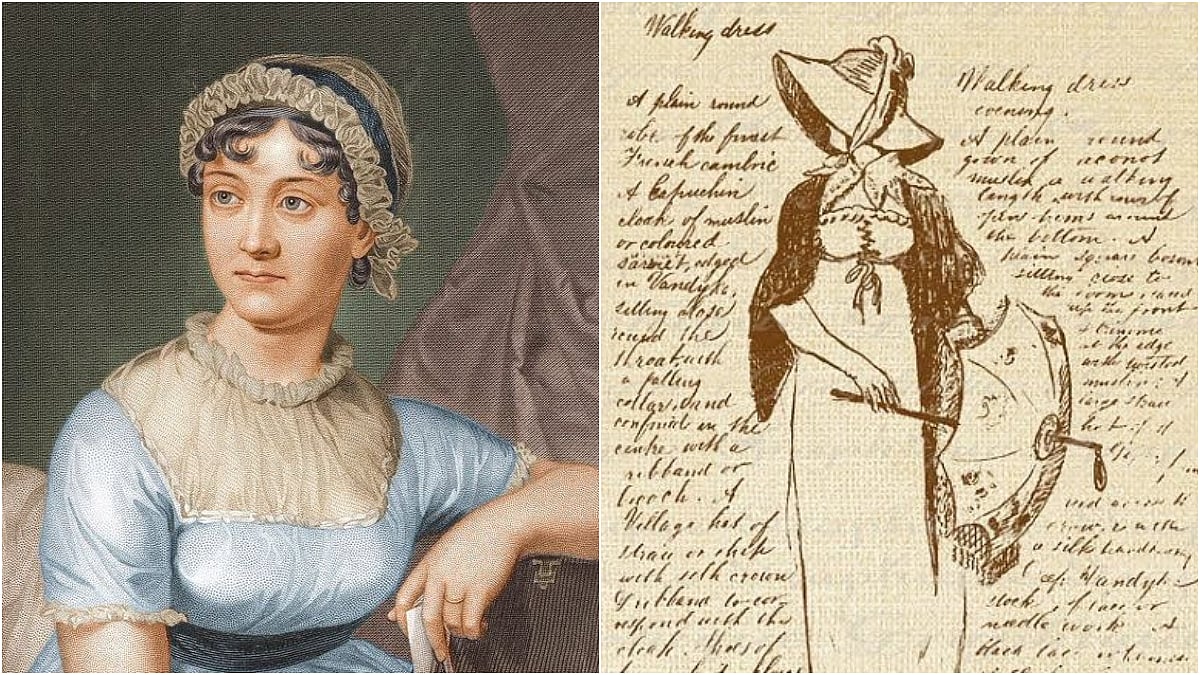As the no-confidence motion against Prime Minister Narendra Modi’s BJP government, triggered by the man-made catastrophe in Manipur kicks off in Parliament today, the whole country should rise on its feet and observe a minute’s silence for those who have been brutally killed. Obviously, the gesture won’t resurrect them, but would at least make the living conscious of the wholly needless death of nearly 200 Indians in one of the remotest corners of our country. Who knows, the minute-long contemplation-cum-prayer might even stir our collective conscience and strengthen our resolve to live and let live rather than live and let die.
Both the BJP-led National Democratic Alliance and the Opposition, which has just reinvented itself as INDIA, will no doubt deploy their best speakers in the debate, although the fate of the government is not at stake. Most importantly, Modi will make a statement. God alone knows what the PM is going to say on the floor of Parliament, but what he said outside Parliament a little over a fortnight ago after a viral video compelled him to speak, was whataboutery without a healing touch.
Even as the no-confidence motion gets off the ground in the temple of democracy, it’s best to keep our expectations on the lower side. There is very little room for hope because the reason for the inaction and lethargic response of the BJP governments in New Delhi and in Imphal is very simple, but very few have dared to spell it out in over three months since May 3 when the dance of death started in Manipur. It is too much to expect the BJP — and even Opposition Members of Parliament — to now come clean and speak the truth about Manipur.
To be honest, what is being portrayed as ethnic clashes between Meiteis living in the plains and Kuki tribespeople inhabiting the hills, is in reality nothing but the organised targeting of Christians straight out of the Hindu Right’s playbook. But is anyone going to admit that in Parliament? Meiteis are mostly Hindus and constitute the dominant majority. They are a whopping 53% of Manipur’s population. While Kukis are largely Christian and account for barely 18% of the population. And it’s Kukis who are at the receiving end of the state-backed violence perpetrated by Meiteis and their militias.
Quoting government records, Reuters revealed that by the fourth week of July when the death toll stood at 181, the religion-wise break-up was 113 Kuki Christians and 62 Meitei Hindus. At that stage, two-thirds of those killed were Kukis and only one-third were Meiteis. In the initial stages, the violence was even more disproportionate. For instance, in early May, as many as 77 Kukis were killed compared to just 10 Meitei casualties in what’s clearly an unequal fight. A status report submitted by the Manipur government in the Supreme Court on August 1 admitted 191 killings but without specifying the number of Meitei or Kuki victims in the sectarian war. The religious character of the warfare is also evident from the deliberate targeting of Christian places of worship. More than 250 churches and chapels have been vandalised and burned by Meitei mobs.
Barring a few exceptions, the Indian print and electronic media, has by and large tried to pass off the violence in Manipur as ethnic clashes in order to shield the BJP-RSS which has a long history of persecuting and targeting Muslims and Christians. True to its ideology, the BJP government in Manipur has been targeting Kuki Christians and turning Meiteis against them for Hindu consolidation which pays hefty dividends in elections. Notably, the RSS has become very active in Manipur especially after the BJP came to power in 2017. Scholars and analysts rightly say that it has left no stones unturned to divide and polarise Manipur pitting Hindus against Christians.

Sathyadeepam, an influential Church publication in Kerala, was the first to call out the anti-Christian character of the violence. It wrote that the RSS planned the genocide in collusion with the BJP government in Manipur. Archbishops in New Delhi and other metropolitan cities have been speaking out against the massacre of Christians. But the media and the political class are still framing it in ethnic terms to play down the religious angle. The European Parliament in Brussels, however, adopted a resolution that urged the Indian Government to protect Christians in Manipur. New Delhi promptly called it “unacceptable” and a reflection of a “colonial mindset”. But that did not deter Fiona Bruce, British Prime Minister Rishi Sunak’s special envoy for freedom of religion, from slamming what she called “pre-meditated attacks with religion as a key factor”.
Importantly, Chief Justice of India, D Y Chandrachud, too highlighted the communal and sectarian character of the violence in Manipur in his courtroom, but even the factual assertion of the country’s top judge was immediately drowned in the fabricated narrative of ethnic clashes.
Modi is scheduled to speak on Thursday before lawmakers. The million dollar question is: will he unveil a plan to restore peace in Manipur? So far, he hasn’t shown any inclination to even visit the bleeding state. And he didn’t utter a word about the carnage and rapes for 77 long days — although he loves to talk about any topic under the sun. He has also shrugged off calls to sack N. Biren Singh, Manipur’s BJP CM and a Meitei Hindu who Kukis accuse of being the lynchpin of the anti-Christian violence and the biggest obstacle in the path of peace. Sensible people are therefore keeping their fingers crossed ahead of Modi’s statement in Parliament. General elections are due in six-seven months and stoking communal fires and dividing India on religious lines is Modi’s and BJP’s preferred strategy to win poll after poll.
The author is an independent, Pegasused reporter and commentator on foreign policy and domestic politics











